Master Spy (1963) Online
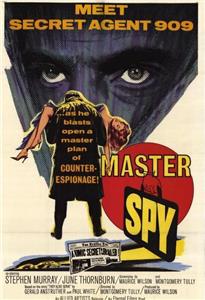
A Russian scientist working for the British is suspected of being a "plant", sent to monitor nuclear secrets on behalf of the communists.
| Cast overview: | |||
| Stephen Murray | - | Boris Turganev | |
| June Thorburn | - | Leila | |
| Alan Wheatley | - | Paul Skelton | |
| John Carson | - | Richard Colman | |
| John Bown | - | John Baxter | |
| Jack Watson | - | Capt. Foster | |
| Ernest Clark | - | Dr. Pembury | |
| Peter Gilmore | - | Tom Masters | |
| Marne Maitland | - | Dr. Asafu | |
| Ellen Pollock | - | Dr. Morrell | |
| Hugh Morton | - | Sir Gilbert Saunders | |
| Basil Dignam | - | Richard Horton | |
| Victor Beaumont | - | Petrov | |
| Hamilton Dyce | - | Airport Controller | |
| Michael Peake | - | Barnes (Skeltons Manservant) |
The last film of June Thorburn.
Last film of Stephen Murray.
Opening credits: All characters in this film are fictitious. Any resemblance to any persons, living or dead, is coincidental.
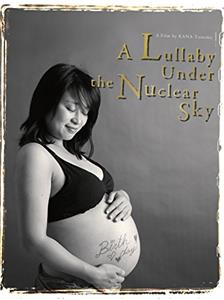
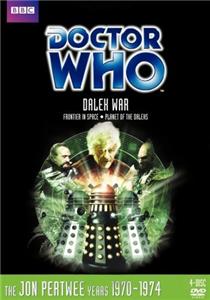
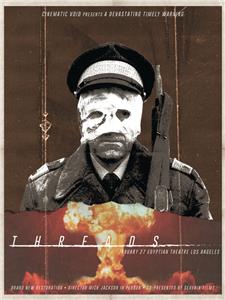
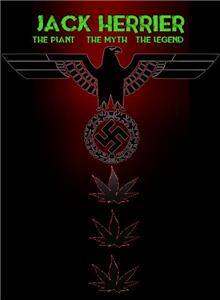
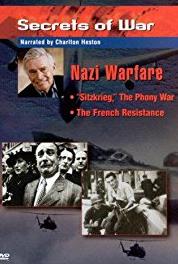


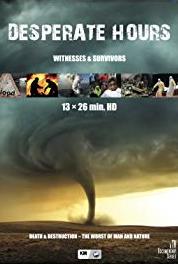
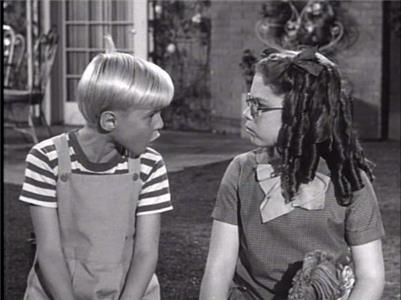
User reviews